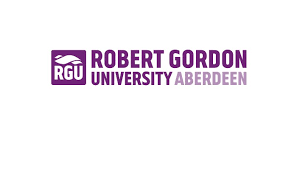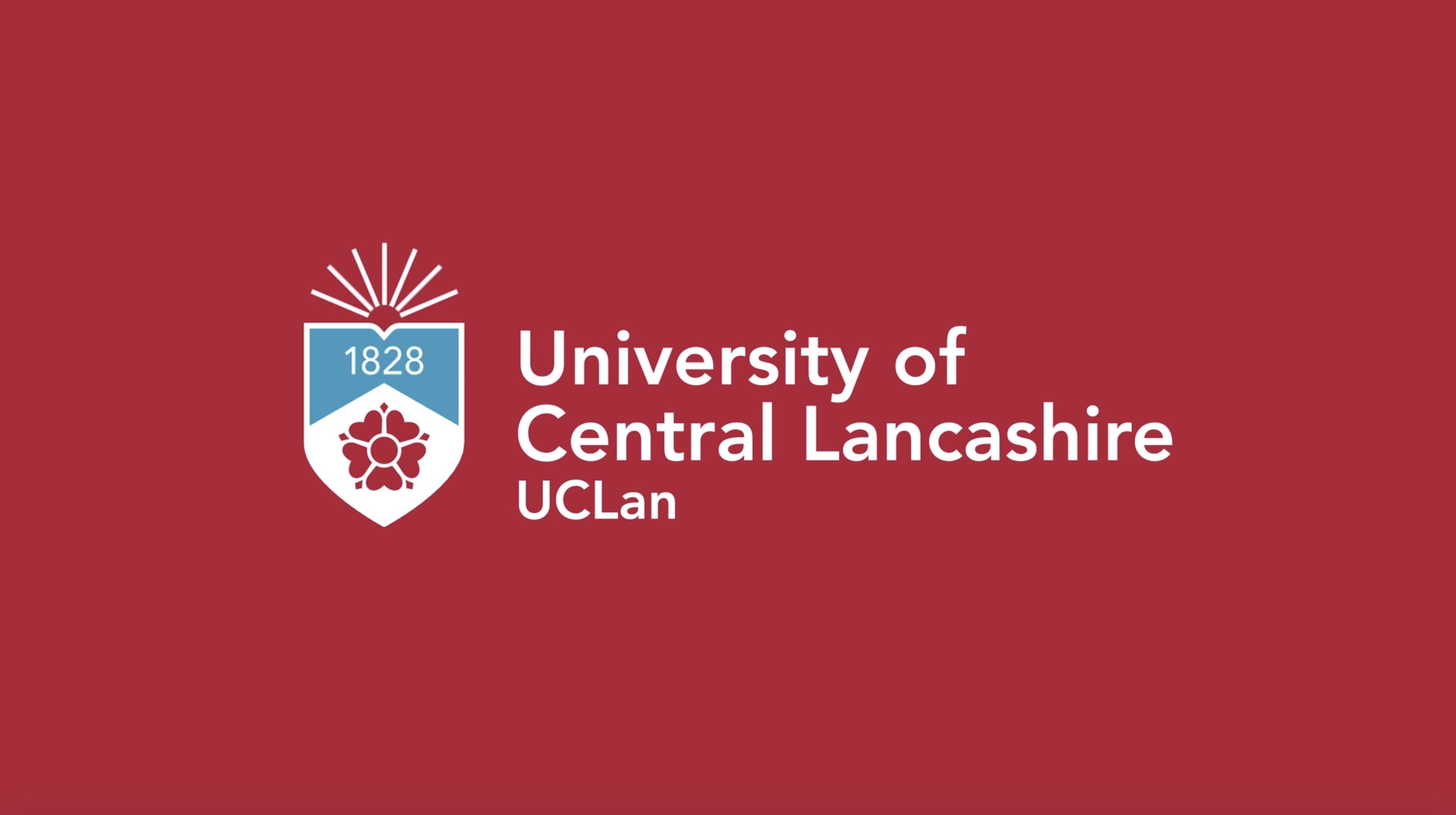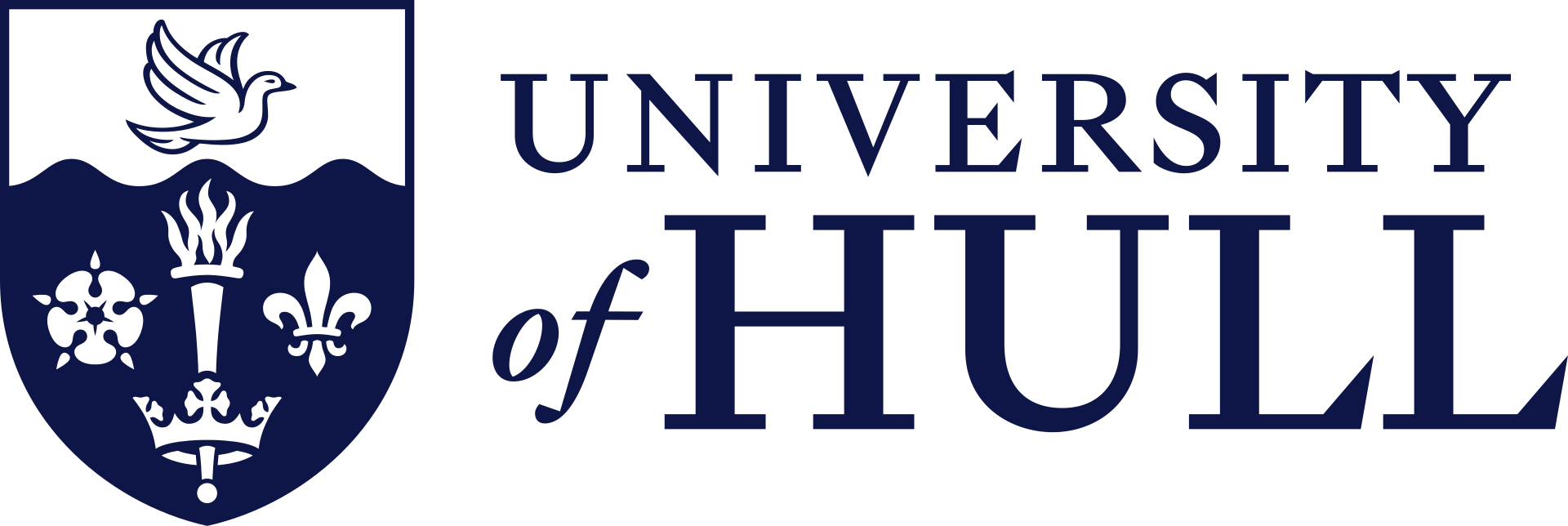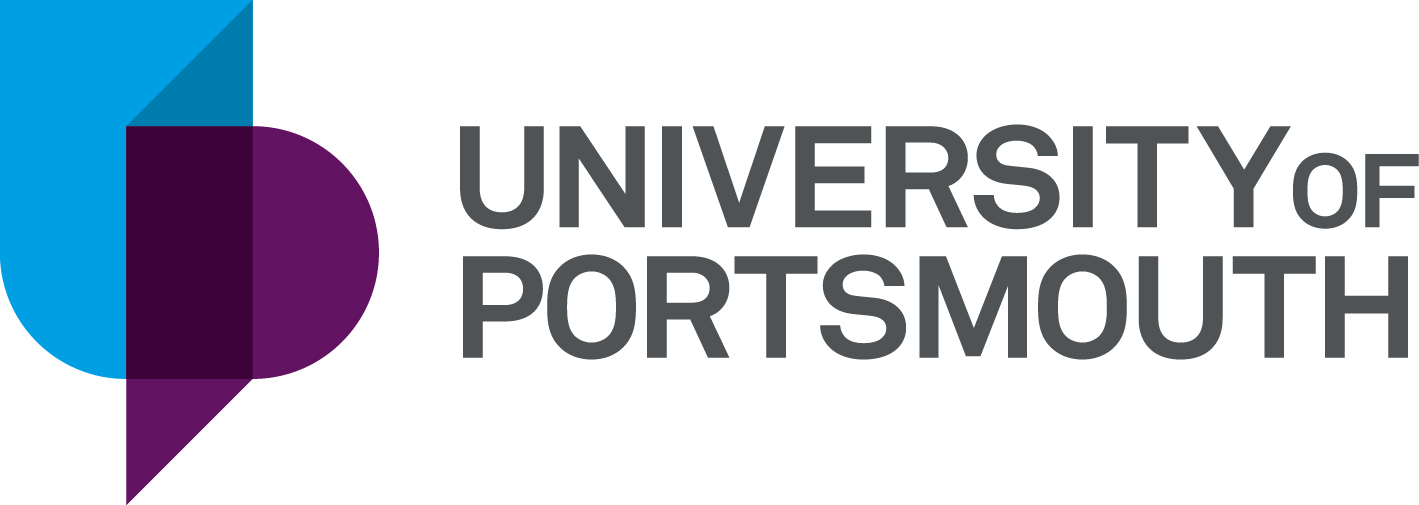Financial Management: Your Gateway to Global Finance Careers
Embark on a transformative journey in the world of finance with a Financial Management course abroad. Designed for ambitious Indian students, this program equips you with the skills to navigate complex financial landscapes, make strategic decisions, and lead in multinational corporations. Studying Financial Management overseas opens doors to cutting-edge curricula, world-class faculty, and international networks that propel your career forward. Whether you're eyeing roles in banking, investment, or corporate finance, this course is your stepping stone to success in the global economy.
Why Choose Financial Management Abroad?
For Indian students, pursuing Financial Management abroad means exposure to diverse economic systems, advanced technologies like AI in fintech, and real-world case studies from global markets. Unlike domestic programs, international courses emphasize practical applications, internships with top firms, and a multicultural perspective—essential in today's interconnected world. Imagine analyzing stock markets in London or managing portfolios in New York; these experiences build resilience and expertise that employers worldwide crave.
- Global Recognition: Degrees from accredited universities enhance your resume for jobs in India and abroad.
- Practical Focus: Hands-on projects, simulations, and industry placements prepare you for immediate impact.
- Cultural Immersion: Network with peers from over 100 countries, fostering soft skills vital for leadership.
- Higher Earnings Potential: Graduates often secure salaries 30-50% higher than local counterparts.
Course Overview
A typical Financial Management program spans 1-2 years at the master's level (MSc or MBA specialization) or 3-4 years for undergraduates (BSc). It blends theoretical foundations with analytical tools, focusing on how organizations manage resources to achieve financial goals. You'll learn to evaluate investments, assess risks, and optimize capital structures—skills in high demand amid economic uncertainties like inflation and geopolitical shifts.
The curriculum is interdisciplinary, drawing from economics, accounting, and business strategy. Classes are interactive, with guest lectures from CFOs and finance experts. Many programs offer electives in sustainable finance or blockchain, aligning with emerging trends.
Detailed Curriculum
Financial Management courses are structured into core modules, electives, and a capstone project. Below is a breakdown of key topics covered in a standard program:
Core Modules
- Financial Accounting and Reporting: Understand balance sheets, income statements, and cash flow analysis. Learn IFRS standards used globally, contrasting with Indian GAAP.
- Corporate Finance: Dive into capital budgeting, valuation techniques (e.g., NPV, IRR), and dividend policies. Case studies from Fortune 500 companies illustrate real decisions.
- Investment Analysis: Explore portfolio theory, asset allocation, and derivatives. Tools like Bloomberg terminals provide hands-on market simulation.
- Risk Management: Study financial risks (market, credit, operational) and hedging strategies using options and futures.
- International Finance: Analyze exchange rates, foreign investment, and global trade—crucial for Indian students aiming at multinational roles.
Electives (Choose Based on Interest)
- Fintech and Digital Banking: Blockchain, cryptocurrencies, and mobile payments revolutionizing finance.
- Sustainable Finance: ESG investing and green bonds, aligning with India's push for eco-friendly policies.
- Behavioral Finance: How psychology influences markets, with insights into investor biases.
- Mergers and Acquisitions: Strategies for corporate restructuring and deal-making.
The program culminates in a dissertation or internship, where you apply concepts to live scenarios, such as advising a startup on funding or evaluating a cross-border merger.
Skills You'll Gain
By the end of the course, you'll possess a robust skill set tailored for the finance sector:
| Technical Skills | Soft Skills | Practical Applications |
|---|---|---|
| Excel modeling, financial forecasting, and data analytics using Python/R. | Critical thinking and ethical decision-making in high-stakes environments. | Conducting due diligence for investments or audits. |
| Risk assessment tools like VaR (Value at Risk) and Monte Carlo simulations. | Team collaboration on multicultural projects. | Managing budgets for NGOs or SMEs during internships. |
| Understanding regulatory frameworks (e.g., Basel III, SOX). | Communication: Presenting financial reports to stakeholders. | Analyzing market trends for trading strategies. |
These skills not only boost employability but also empower you to contribute to India's growing economy, from startup funding to infrastructure projects.
Career Opportunities
Financial Management graduates are in high demand, with versatile career paths. In a global job market projected to grow by 7% annually (per World Bank reports), you'll find opportunities in banking, consulting, and tech-finance hybrids.
- Financial Analyst: Evaluate investments; average starting salary abroad: $60,000-$80,000 USD.
- Investment Banker: Handle deals and IPOs; potential earnings: $100,000+ with bonuses.
- Corporate Treasurer: Manage company cash flows; ideal for returning to Indian firms like Tata or Reliance.
- Risk Manager: Mitigate financial threats in insurance or energy sectors.
- Fintech Specialist: Innovate in apps like Paytm or global players like Stripe.
For Indian students, many alumni secure H-1B visas or return home to roles in RBI, SEBI, or private banks, often with international experience as a key differentiator.
Top Universities for Financial Management
Choosing the right university is pivotal. Here's a selection of renowned institutions offering top-tier programs, with details on duration, fees, and entry scores (approximate for international students):
| University | Location | Program | Duration | Annual Fees (USD) | Entry Requirements |
|---|---|---|---|---|---|
| London School of Economics (LSE) | UK | MSc Finance | 1 year | 35,000 | GMAT 700+, 2:1 bachelor's |
| MIT Sloan School | USA | Master of Finance | 18 months | 80,000 | GRE 320+, relevant work experience |
| University of Toronto Rotman | Canada | MSc Management Analytics (Finance focus) | 1 year | 45,000 | IELTS 7.0, GPA 3.0+ |
| INSEAD | France/Singapore | MBA Finance | 10 months | 100,000 | GMAT 710+, 2+ years experience |
| University of Melbourne | Australia | Master of Finance | 2 years | 50,000 | IELTS 6.5, bachelor's in commerce |
These universities boast 95%+ employment rates within six months, with strong alumni networks in India.
Admission Requirements for Indian Students
Gaining admission requires preparation, but it's achievable with a strong profile:
- Academic Background: Bachelor's in commerce, economics, or related field with 60%+ aggregate.
- Standardized Tests: GMAT/GRE for most programs; IELTS/TOEFL for English proficiency (aim for 7.0/100+).
- Work Experience: Preferred for master's (1-3 years in finance preferred).
- Documents: SOP highlighting career goals, LORs from professors/employers, resume, and transcripts.
- Visa Essentials: Proof of funds, ties to India, and health insurance.
Start applications 12-18 months in advance; deadlines vary from October to March.
Scholarships and Financial Aid
Funding shouldn't be a barrier. Indian students can access generous scholarships:
- Chevening Scholarships (UK): Full coverage for master's; focuses on leadership.
- Fulbright-Nehru (USA): Covers tuition and living costs for outstanding candidates.
- Endeavour Awards (Australia): Up to AUD 140,000 for postgraduate studies.
- University-Specific: LSE's Graduate Support Scheme (up to 50% fees); Rotman's Entrance Awards.
- Indian Government: National Overseas Scholarship for SC/ST students; ICCR for cultural exchange.
Average living costs abroad: $15,000-$25,000/year, but part-time jobs (20 hours/week) can offset expenses.
Conclusion
Studying Financial Management abroad is more than an education—it's an investment in your future. With India's economy booming and global finance evolving, you'll return equipped to drive innovation and growth. Explore programs, connect with alumni, and take the first step towards a rewarding career. Contact our counselors today to personalize your study abroad journey!


















